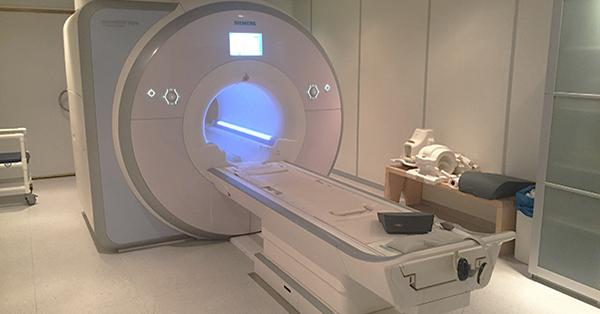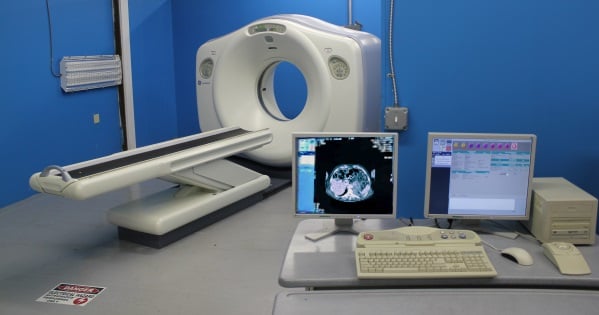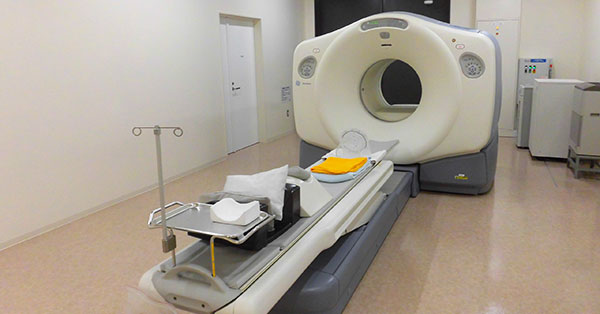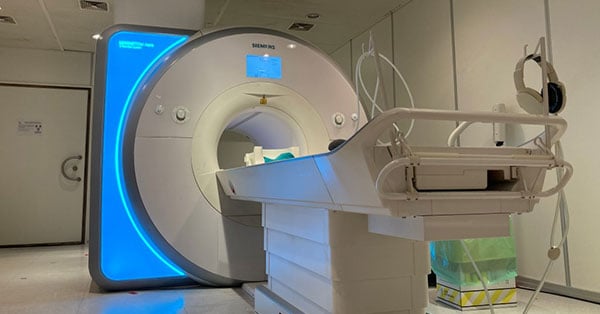
Over the last several years, MRI systems have continued to evolve and become more patient-friendly. Bore size, noise reduction, faster scan times- all of these have been adapted to accommodate large, claustrophobic, and/or just plain nervous patients while they're on the table.
This is well and good for the overall experience of receiving an MRI scan, but is there a point at which gains in comfort compromise functionality? In short: yes, but it may be worth it for some facilities. Keep reading to learn the pros and cons of using a short-bore MRI scanner at your facility.
Click here to browse our MRI inventory for short-bore scanners.
The Pros
Typically, MRI systems that are described as having a “short bore” have a bore length of 145cm (ex. GE 450w, Siemens Aera). The advantages of a short bore are huge for the patient. They enable more of the patient’s body to be outside the scanner during exams, reducing claustrophobia. Many OEMs market short-bore technology as producing “CT-like comfort” for patients.
Another advantage of short-bore magnets: they reduce the space required to house an MRI as they have smaller footprints when they are installed.
The Cons
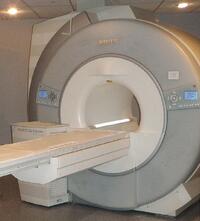 With two big advantages, what are the cons? Well, with a bore length of 145cm, there are (arguably) negligible sacrifices to the machine's field of view (FOV) while scanning. However, with the introduction of “ultra-short” magnets such as the very popular Siemens Espree (just 125cm), the FOV is considerably smaller and allows for only 30cm of view along the magnet’s Z-axis.
With two big advantages, what are the cons? Well, with a bore length of 145cm, there are (arguably) negligible sacrifices to the machine's field of view (FOV) while scanning. However, with the introduction of “ultra-short” magnets such as the very popular Siemens Espree (just 125cm), the FOV is considerably smaller and allows for only 30cm of view along the magnet’s Z-axis.
If your clinic plans to perform frequent T-spine or long bone studies, taking a complete image may require a second scan to cover the remainder of the anatomy in question (especially with taller patients). This second scan means more time in the bore for the patient and can reduce the overall throughput of the machine.
The Takeaway
While “wide-bore" and “ultra-short” may sound good on paper as you’re planning your next purchase, consider the above before making any final decisions. If the majority of your work is neuro or cardiac imaging, you and your patients can enjoy the greater comfort of a short bore with no functional downsides. If the bulk of your scanning is orthopedic in nature, be aware that patients coming in for those longer scans may find the bore less confining, but could very well be on the table much longer.
If you're looking for an MRI scanner that balances patient comfort and functionality, there are several options that each fill their own niche. If you'd like to talk with someone about which option might be best for your needs, we're ready to help. Contact us to start the conversation!

Steve Rentz
Steve Rentz is the Product Manager for MRI Scanners at Block Imaging. Steve's goal is to earn each customer's trust and business by specifically addressing the needs of their unique project. When Steve is not helping customers with their MRI needs, he enjoys running, swimming, and woodworking.




